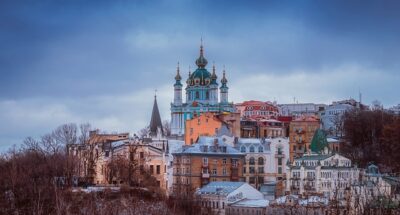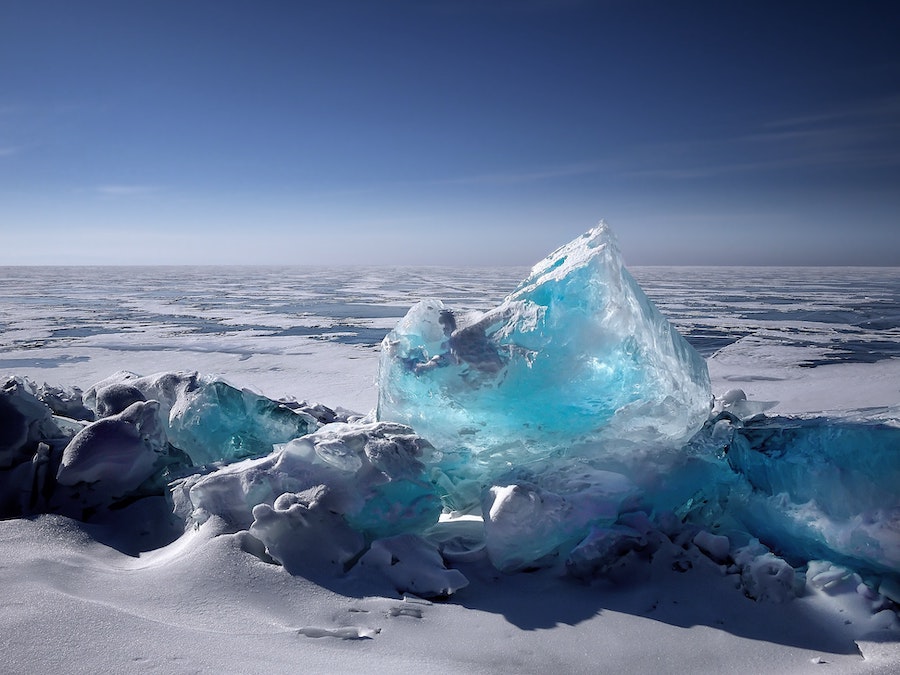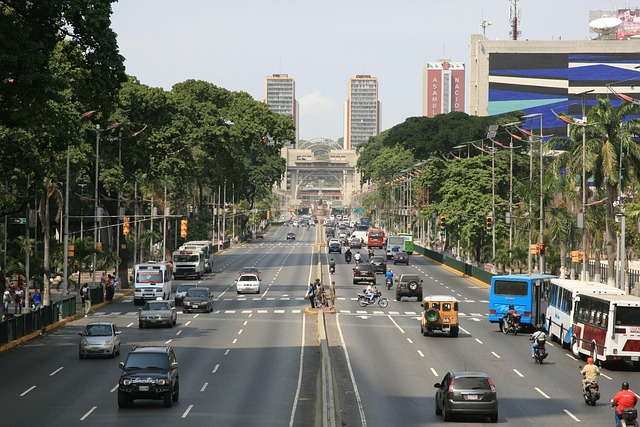 The now-famous interview with Russian president Putin, published last week by Tucker Carlson, raises a number of questions for the average person. The first thing people think about is why Putin is being interviewed. Is it morally right? Should you interview a person like Putin?
The now-famous interview with Russian president Putin, published last week by Tucker Carlson, raises a number of questions for the average person. The first thing people think about is why Putin is being interviewed. Is it morally right? Should you interview a person like Putin?
I would say that if you ask these questions, you are quite lost and have forgotten what real journalism is all about. Of course, all parties should be interviewed, especially in a war in which you yourself participate financially, which USA and EU are doing now.
And then on to the actual content, which is not particularly surprising for those who followed the war a little more closely and considered the different sides with all its aspects. Putin begins with a 20-minute historical exposition of the history of Russia and Ukraine. Here he is completely out of step with the fast-paced Western media, which wants quick and short answers. But Tucker lets him, albeit reluctantly, and the story slowly unfolds.
We realise that the Russian president has a decent knowledge of history, and that he wants to lay the groundwork for the conversation. Perhaps a little unusual, but it is also about weeding out those who have no real interest in these types of issues; he is thus targeting the more educated Westerners. The interview is about 2 hours long, and is reminiscent of the type of initiated podcasts we can find online.
Furthermore, Putin says that NATO’s expansion caused bad blood. Russia had been promised several times that the Western military alliance would not expand, but NATO countries repeatedly broke the promise. Putin further argues that the 2014 events in Kiev were a coup, and that the war basically started then, with the continuous bombing of the Donbas etc. The Russian intervention in 2022 was about ending the war, and preventing Ukrainian bombing into ethnic Russian territories.
He further argues that Nazi supporters have been given too much power in Kiev, including the glorification of Stepan Bandera, the Ukrainian leader who aligned himself with Nazi Germany during World War II. Putin wants the positive image of Bandera and his followers to be erased from school textbooks, yet statues and monuments should be removed. Just as Germany came to terms with its Nazi past.
Putin claims that it was the US and its allies who blew up the Nordstream gas pipeline, thereby undermining Germany’s economy, and that it is well on its way to sabotaging the role of the dollar as a world currency through poor foreign policy. The Russian president sees all these steps as strange, incomprehensible, and believes that the West is essentially killing itself. Putin also explains that the Russians have repeatedly been willing to negotiate, but that negotiations have been interrupted, for instance by former British Prime Minister Boris Johnson.
The western listener may not agree at all, he may still think that it is an unprovoked invasion of Ukraine, and that Putin is fully responsible for the development in the region. And that it is the Ukraine war’s fault that the West has economic problems, and that the multi-billion dollar aid to Ukraine is justified, despite the fact that the country is neither in the EU nor NATO.
You can think what you want about the interview, but we will have to relate to the new superpower in the east, if we want to have fruitful relations with them, we need to learn how they think and act, as well as the historical background. And that may not be for those who prefer 30-second news clips in kindergarten language. Or for those who see the world in black, white, evil and good – without shadows or nuances. Indeed, their time may have passed.







